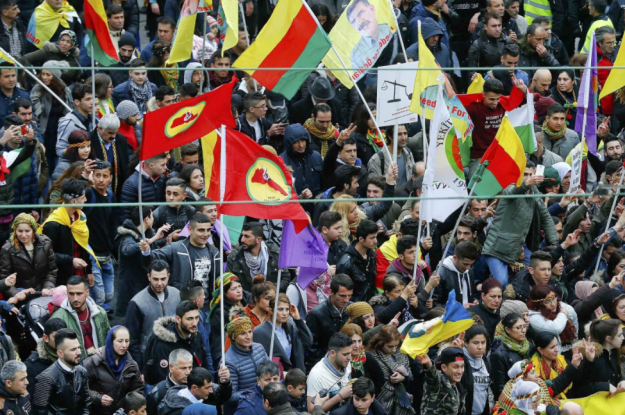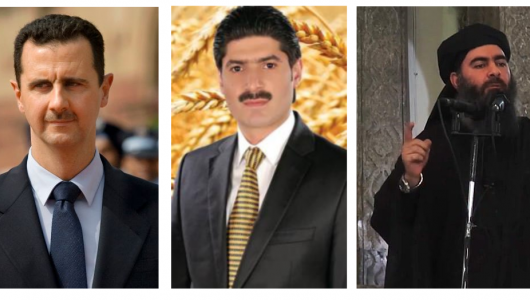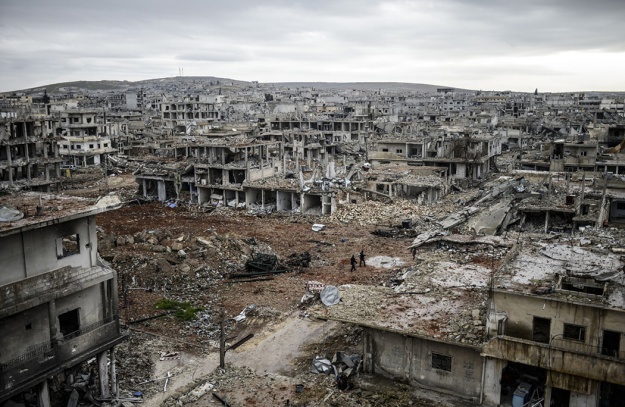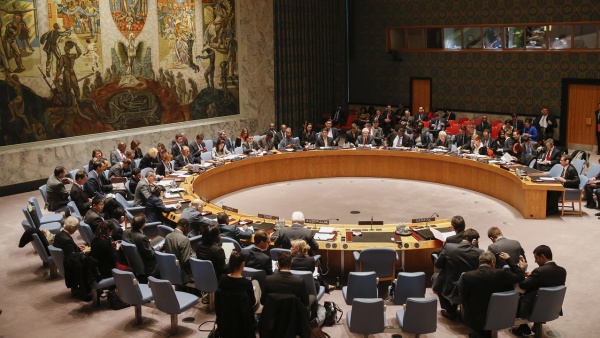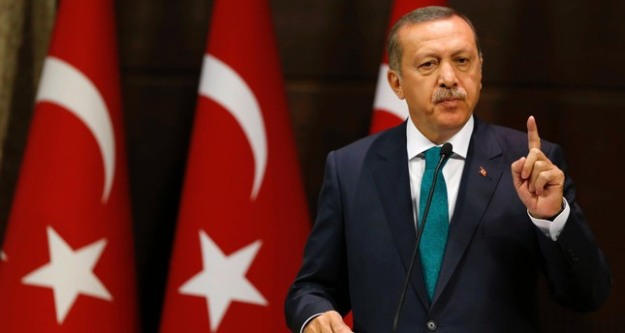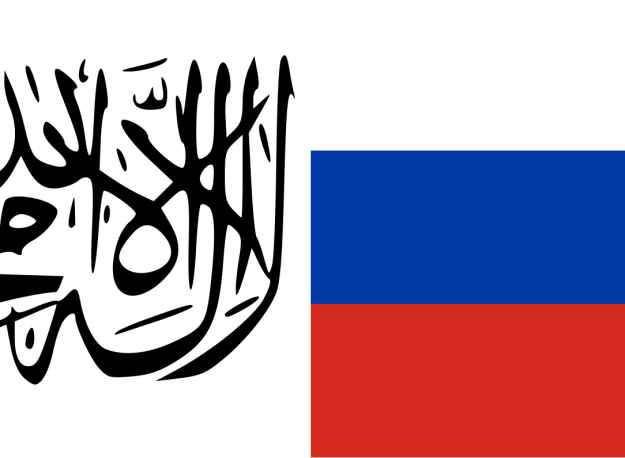By Kyle Orton (@KyleWOrton) on 15 February 2018

Al-Qaeda’s leader, Ayman al-Zawahiri, released a speech on 15 February 2018, entitled, “Glad Tidings of Victory To Our People in Egypt”. Al-Zawahiri’s address was the eighth episode of the “Brief Messages To A Victorious Umma (Islamic community or nation)” series. Al-Zawahiri reiterated a theme al-Qaeda has used many times, by referring to the downfall of Muhammad Morsi, the first elected president of Egypt, who was deposed in a military coup d’état in July 2013. Morsi, a member of the Muslim Brotherhood, had taken part in elections and had tried to find a compact with the non-Islamist sections of the Egyptian state and society, including the felul, the remnants of the fallen tyranny, notably in the military, police, bureaucracy, and judiciary, plus the media and business class. It had served Morsi no good: severely constrained in his authority, Morsi’s government unravelled quickly when these forces came together with foreign sponsors for a putsch. The old regime was restored in Egypt, with the support of Western countries, despite being more violent than ever. For al-Qaeda, the lesson of this episode is clear: without a violent revolution that creates tabula rasa, Islamist politics will not get a chance. An English-language transcript of al-Zawahiri’s speech was made available by al-Qaeda’s media apparatus and is reproduced below. Continue reading

